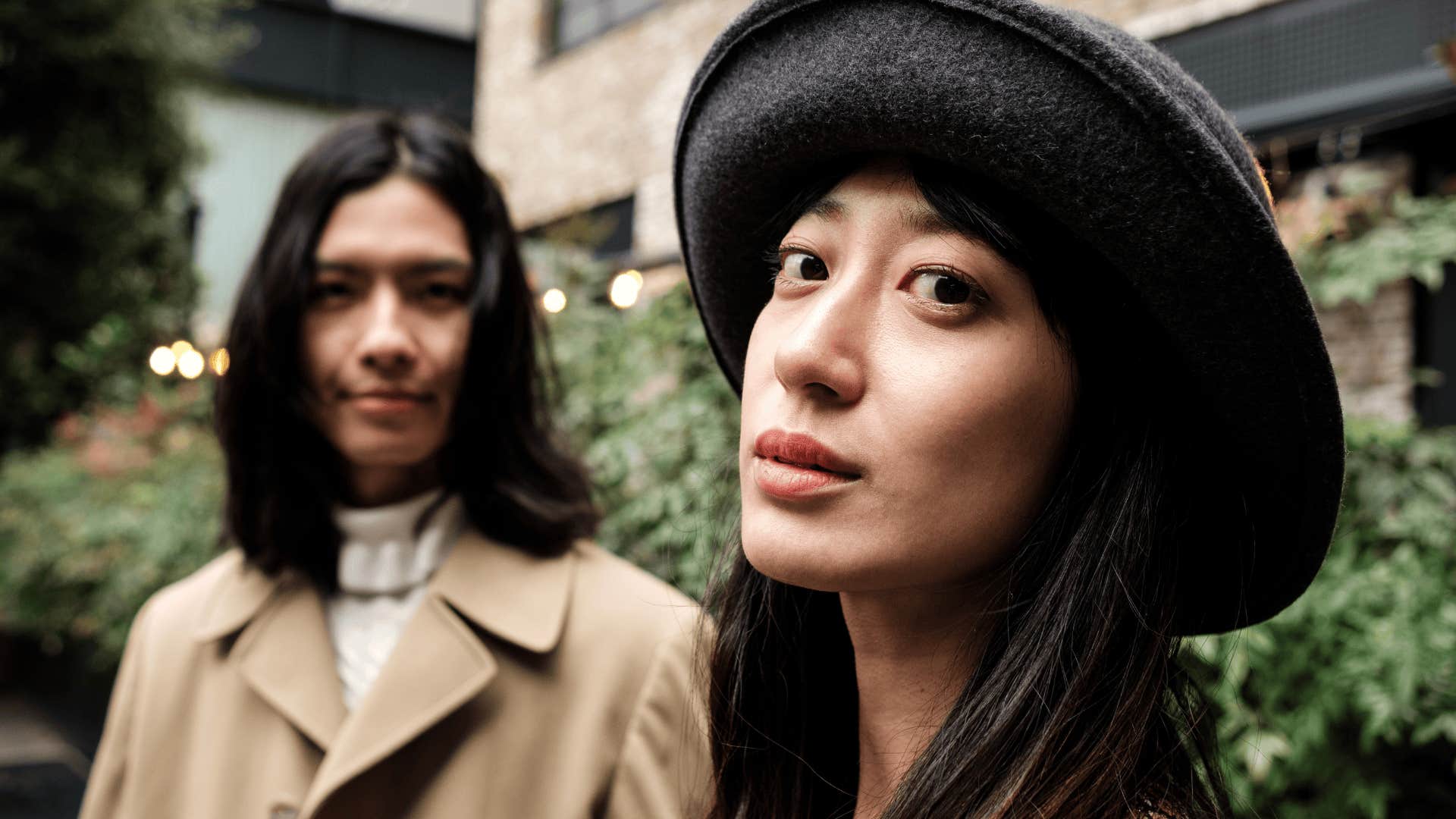People Who Become More Emotional As They Get Older Usually Have These 9 Reasons
Getting more emotional with age isn't weak or soft, it's a sign you're becoming wiser.
 maxbelchenko | Shutterstock
maxbelchenko | Shutterstock When you hit a certain age, suddenly things hit harder. A sentimental commercial brings tears to your eyes, or a friend's kind words stick with you for days. Old memories feel more vivid and nostalgic than ever. If you're becoming more emotional as you get older, you're not alone — and you're definitely not broken.
Becoming more emotionally sensitive over time is a sign of growth, not fragility. Emotional people can connect on a deeper level with others and learn to understand themselves better, which, in turn, makes their lives richer, even if it means feeling things more intensely. Here's why getting more emotional with age might actually be one of your biggest strengths.
People who become more emotional as they get older usually have these 9 reasons:
1. They build deeper, more meaningful relationships
 Jorge Elizaquibel | Shutterstock
Jorge Elizaquibel | Shutterstock
As people get older and more emotional, they often connect with others on a more honest, heartfelt level, which naturally leads to stronger, more fulfilling relationships. Emotional people have high emotional intelligence, which gives them a unique ability to feel emotions and understand others' feelings, making them very likable. It also makes them honest and great friends.
2. They become more in tune with their own emotions
 Gladskikh Tatiana | Shutterstock
Gladskikh Tatiana | Shutterstock
Many people in the world are unable to identify emotions and understand them in a rational sense. With age comes self-awareness, and emotionally sensitive people often get better at naming, understanding, and managing their feelings instead of pushing them aside.
As psychologist Nick Wignall explains, “Being emotionally balanced doesn’t mean you don’t have painful emotions — it means you have a healthy relationship with them.”
Some may attribute a person or group of people to feeling a certain way. At the same time, those who are highly emotional can manage their feelings and emotions without having to place blame or reason on someone or something.
3. They learn to embrace change instead of resisting it
 aerogondo2 | Shutterstock
aerogondo2 | Shutterstock
Rather than ignore what feels off, emotionally aware people tend to make necessary changes — whether it's shifting routines, walking away from toxic relationships, or just tuning into what their body and mind need. Emotional people are aware of their feelings, and if they sense something is off, they change whatever it is that needs changing. It could be certain people in their lives or even a particular food.
Regardless of what it is, highly emotional people will change whatever they need to to feel at equilibrium, and the ability to embrace these changes only gets better with age.
4. They stop settling for less than they deserve
 oneinchpunch | Shutterstock
oneinchpunch | Shutterstock
Emotional growth often goes hand-in-hand with self-worth. People who become more emotional with age usually know their value and refuse to tolerate things that drain or diminish them. These individuals know their worth and value.
Research published on PLOS shows that people’s self-esteem tends to increase gradually through adulthood, reaching its peak around age 60 and staying stable into their 60s. This suggests that understanding one's worth improves with age. As they grow older, people become more aware of their strengths and desires, and their emotional maturity helps them stay focused and determined.
5. They think more critically about their choices
 tativophotos | Shutterstock
tativophotos | Shutterstock
Contrary to the stereotype, emotional people aren't irrational — they tend to think things through deeply, weighing emotional and logical factors before making decisions. Emotional awareness and maturity help them reason through situations more thoughtfully, weighing both heart and head — a quality psychologists call postformal thinking.
For an emotional person, they can think critically about things, whether it's a situationship or a relationship. They analyze everything and make rational decisions.
6. They process their emotions instead of bottling them up
 Gladskikh Tatiana | Shutterstock
Gladskikh Tatiana | Shutterstock
Many people would rather avoid conflict and suppress their feelings so they don't have to deal with painful or uncomfortable emotions. But those who are highly emotional are very aware of their feelings, especially as they age, and as much as they may want to suppress them, they can't. They learn that pushing feelings down only makes things worse. So instead, they let themselves feel, work through it, and come out stronger.
7. They become self-aware and more attuned to others
 Dodokat | Shutterstock
Dodokat | Shutterstock
As people grow older, they tend to become more emotionally sensitive, which often makes them more aware of their tone, body language, and the energy they bring into a room. This increased awareness helps them navigate their relationships with even greater care.
People who are highly emotional are usually self-aware of their verbal and nonverbal behavior. They are aware of facial expressions and body language. One reason for this is that they are skilled in reading and understanding other people's behavior.
8. They tap into creativity and imagination more easily
 Yuricazac | Shutterstock
Yuricazac | Shutterstock
Emotionally attuned individuals tend to create vibrant imaginations as they grow older. Nurturing those inner landscapes makes them more imaginative, curious, and eager to explore new ideas or experiences.
A study published in BMC Geriatrics on creativity in older adults found that many creative abilities remain stable well into old age, even as other cognitive skills decline. Because of their intuitive nature and creative minds, highly emotional people tend to love exploring and are adventurous. They seek to learn and understand different things.
9. They appreciate the small things
 Perfect Wave | Shutterstock
Perfect Wave | Shutterstock
As people grow older and more emotional, they start to appreciate the tiny, meaningful moments — things like a kind gesture, a quiet morning, or a heartfelt compliment. Those little joys matter more than flashy milestones.
Research shows that gratitude naturally grows with age, and that simple habits like jotting down a few small daily highlights can boost happiness, health, and emotional resilience over the long haul.
Highly emotional people are used to doing things for others; they don't expect to receive anything in return. They do it out of the kindness of their hearts because it feels good. So when they receive a sweet text message or small gift, they are overjoyed. It doesn't take a lot to keep highly emotional people happy, as they appreciate the little things in life over materialistic things.
Brittney Lindstrom is a Licensed Professional Counselor and Certified Rehabilitation Counselor.

